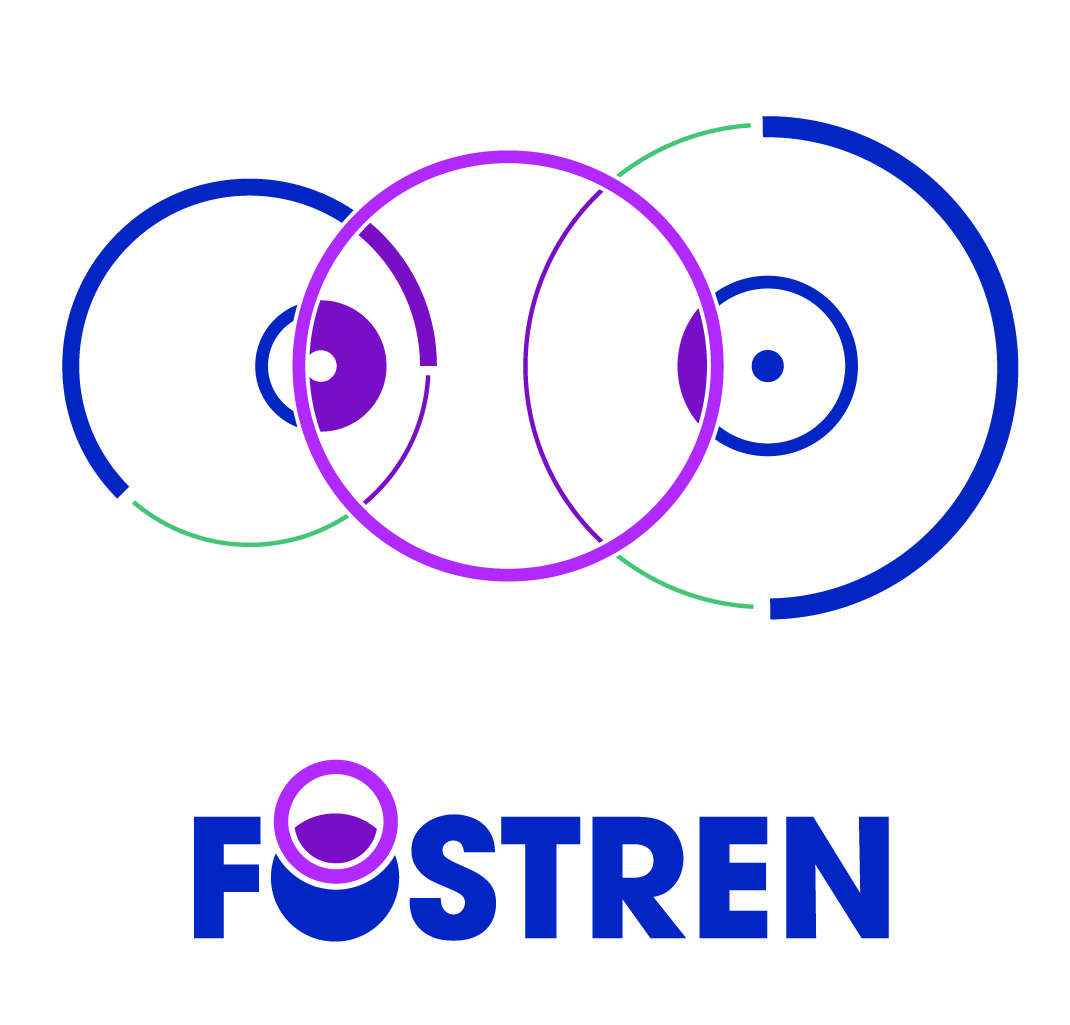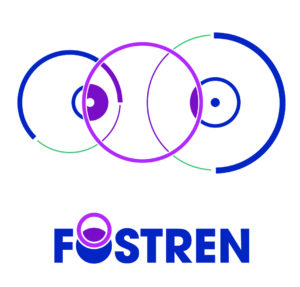Written by Margit Lenk-Adusoo
What is your country’s stand on coercion reduction?
In Estonian inpatient psychiatric care coercion is permitted. According to the Mental Health Care Act (1), coercive measures may be used only if the individual has a severe mental disorder that restricts their ability to understand or control their behaviour; the individual endangers the life, health, or safety of themselves or others due to mental disorder; and other psychiatric care has been insufficient.
These coercive measures may be employed:
- Physical restraint
- Chemical restraint
- Mechanical restraint
- Isolation
The Estonian Chancellor of Justice has emphasised the need to reduce the use of coercive measures, and as in many other countries, there are initiatives aimed at reducing these measures in inpatient psychiatric care. Currently, the primary focus is on improving patient aggression through the implementation of structured aggression risk assessment instruments for identifying high-risk individuals as well as staff training on techniques for preventing and mitigating aggression escalation.
What kind of research is happening in your country on this topic?
Despite a lengthy history of worldwide research in this topic, Estonian research in this area is limited. Patient restraint and techniques for preventing it in healthcare and custodial care have been the subject of research (2). Additionally, how the right to liberty and security of person is guaranteed to individuals with mental illness under Estonian legislation and in practice has been researched (3). Attitudes of staff and patients in Estonian psychiatric clinics regarding the causes and management of aggression were studied in a recent study (4), and ongoing research focuses on adopting a structured imminent aggression risk assessment instrument for inpatient psychiatric care. In addition, an ongoing research project seeks to establish a uniform, evidence-based, cross-sectoral system of outpatient services for long-term mentally ill patients subjected to coercive treatment, linking outpatient and stationary coercive treatment with community support services. See https://www.sm.ee/en/financed-projects#general-information—24 for further details.
Why are you in the network? What would you like to achieve with it?
By participating in FOSTREN, I seek new solutions and international collaboration to reduce the use of coercion in mental health services. As a mental health nurse, my primary concern is how to empower and support nurses, as it has been found that inpatient psychiatric care nurses perspective coercion as unfavourable but necessary for maintaining safety, and they are concerned about the management of patient aggression in the absence of coercive measures.
References
- Mental Health Act, https://www.riigiteataja.ee/en/eli/507112013006/consolide
- Tohvre, R. (2012). Patsientide ohjeldamine ja selle vältimise abinõud tervishoiu- ja hooldusasutustes: Integreeriv kirjanduse ülevaade. Tartu Ülikool, arstiteaduskond, õendusteaduse osakond. Magistritöö.
- https://dspace.ut.ee/bitstream/handle/10062/45866/tohvre_mag_2012.pdf?sequence=1&isAllowed=y
- Sults, M. (2015). Eesti Vabariigi Põhiseaduse §-s 20 sätestatud õiguste tagamine ja riive lubatavuse eeldused psüühikahäirega isikuid puudutavates seadustes. Tartu Ülikool, õigusteaduskond, riigi ja rahvusvahelise õiguse instituut. Magistritöö. http://dspace.ut.ee/bitstream/handle/10062/48025/sults_ma_2015.pdf
- Margit Lenk-Adusoo, Liina Hürden, Reet Tohvre, Ilja Tretjakov, Luule Evert & Liina Haring (2022): Healthcare professionals’ and patients’ attitudes toward the causes and management of aggression in Estonian psychiatric clinics: a quantitative cross-sectional comparative study, Journal of Mental Health, DOI: 10.1080/09638237.2021.2022624

